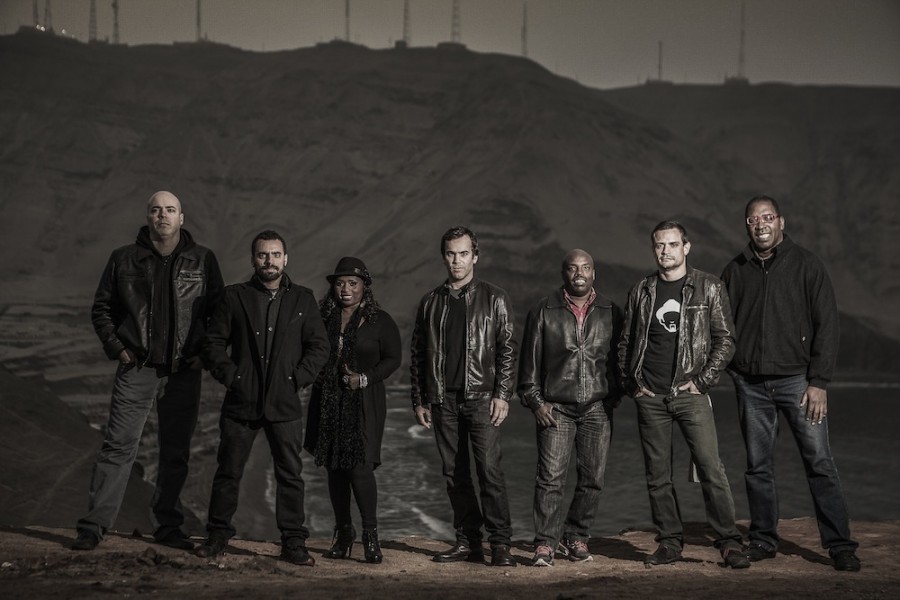Editor’s note: It is February and that can mean only one thing. It is time for Black, Latino And Proud: Black History Month With Alt.Latino hosted by our friends and colleagues Felix Contreras and Jasmine Garsd. We pass the mic to Felix to hear what they will be featuring on NPR’s Latin Alternative music podcast.
In Latin America, and for that matter among Latinos in the U.S., it often feels that race is the third rail that everyone looks to avoid in “polite conversation.” Well, when it comes to Latin music, it is impossible to avoid the topic. It is far better to dance on the third rail than tiptoe around it.
We’ve invited two members of the The LatiNegr@s Project, Bianca Laureano and Daniel Familia, to kick off the discussion. They share very personal and frank stories of being made to feel ashamed of their skin tone, of being told by other Latinos that they are moreno (brown), not negro (black), of struggling to find an identity within a culture that doesn’t always celebrate racial diversity.
“[It’s important to have] support networks and places you can go to remind yourself that you are not alone,” says Laureano in this week’s show. “And you are not as different as your family wants to think you are.”
Different for being black, that is.
The LatiNegr@s Project is both cause and effect of a shift in Afro-Latino culture. And it wouldn’t be Alt.Latino if we didn’t play music to help tell the story of what that cultural shift sounds like.
For this week’s show we have selected a handful of Afro-Latino musical traditions and mashed them up with contemporary artists who see the African diaspora as a musical palette from which to create new genres: Peru’s Novalima infuses the Afro-Peruvian landó of Susana Baca’s music with electronica; alegre drums from Colombia’s Pacific coast inspire Bomba Estereo to create some of the most fascinating music I’ve heard in a long time; a British dub-step producer re-imagines Afro-Cuban tradition so brilliantly that I stopped in my tracks when I first heard his music. (You can go here for links to all of the videos mentioned in this post.)
Sharing the work of these artists is the best way we know of to celebrate the history, present and future of Afro-Latino music. Think of it as our hosting a virtual party where we serve some virtual caipirinhas and Cuba libres, play some fantastic music and have some real, great conversation.
9(MDAxNzk1MDc4MDEyMTU0NTY4ODBlNmE3Yw001))


